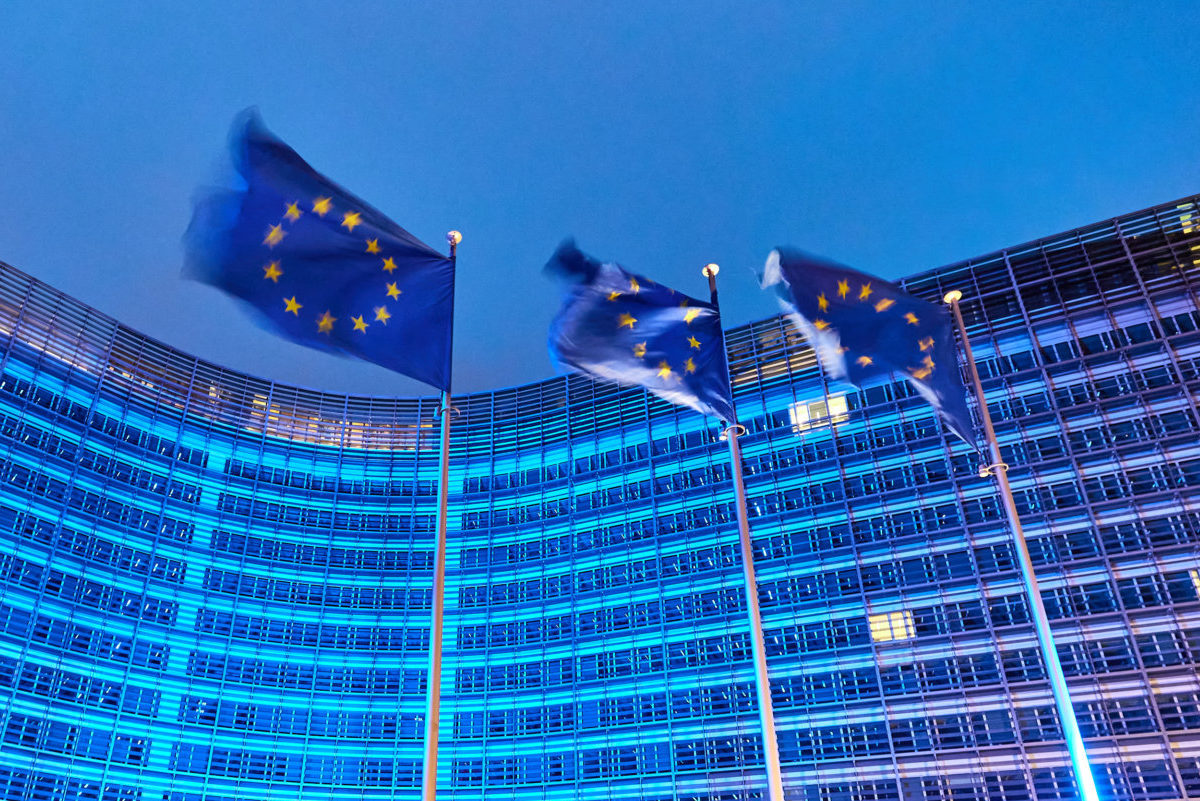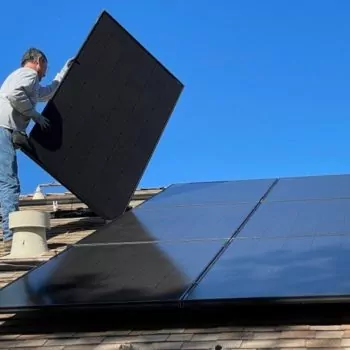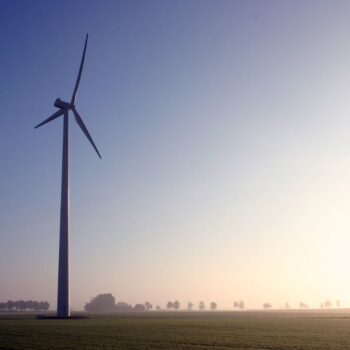With some member states pushing back on the first package of proposals, the imminent second set of policies can solidify progress on the European Green Deal and climate agenda.
Compared to July 2021, the political context has changed. International and domestic developments are adding to the pressure to deliver socially fair and climate ambitious proposals. COP26 in November offered a political lifeline for accelerating action to keep temperature rise below 1.5C.
Now our attention turns to 2022, which will be about acceleration and delivery; all EU proposals will be assessed in light of the contribution they will be making ahead of COP27. The energy price crisis also casts a sharper light on the risks that come with a continued reliance on fossil fuels and underlines the need to accelerate the green and fair transition. A lot is riding politically on the upcoming package.
The European Commission is expected to release the second part of the “Fit for 55% Package” on December 14th (even though a delay is rumoured). This will be the first opportunity for the EU to confirm their seriousness to accelerate the European Green Deal after COP26. Dropping the ball now would dent the credibility of its climate action.
The political momentum around climate action is still considerable. The past 12 months saw the EU pivot from political target setting to actual implementation. With COP27—taking place in Egypt in November 2022—already on everyone’s mind, the EU must now confirm its role as a global front-runner while accelerating the delivery of the European Green Deal.
The July Fit-for-55 package was about meeting expectations on climate efforts. Amid a severe energy price crisis, the December proposals are about demonstrating that the Union can meet citizens’ expectations to accelerate the transition as it decarbonises its economy.
Unfortunately, some Member States are getting cold feet and pushing back against the first round of proposals. It is crucial that the EU secures the viability and acceptability of its climate plans by designing climate policies that also directly benefit EU citizens and consumers.
What to expect from the European Green Deal
The December legislative proposals include provisions for a gas package, the European Performance of Buildings Directive (EPBD) and the recommendation on the social dimension of the climate transition. All are an opportunity to deliver a socially fair and climate ambitious European Green Deal.
All can make a progressive offer to citizens. All can set a clear narrative on the need to change consumption patterns and send a clear signal to markets about the necessary transformation. And all can introduce governance improvements—whether it is ensuring citizens’ participation, respect for subsidiarity, or science-based decision making.
How could this be achieved in practice? The gas package can clarify the future role of fossil gas in the energy mix and set a clear pathway to manage the transition away from it. If we are learning anything from the energy price hikes, it is that renewable and energy efficiency solutions are safest for citizens, who gain secure stable and affordable energy.
The EPBD can boost the decarbonisation of our building stock, currently responsible for 40% of today’s EU energy consumption. Renovating homes will make our homes more energy-efficient, reduce energy bills and create new jobs. Finally, policy proposals must take the social dimension seriously. Relying solely on the Social Climate Fund is a high-risk strategy that must come with improving provisions across policy files to strengthen fairness, inclusion and participation.
All EU institutions will be exposed to reputational risks in 2022 as they seek to deliver the European Green Deal as the cornerstone of the EU’s political agenda. The Commission’s credibility will hinge on its ability to shepherd implementation proposals throughout a swift legislative process.
The European Parliament, elected on a green wave only two years ago, is approaching the mid-term; civil society organisations will take stock of its success in delivering the green mandate it received from EU voters. And the Member States will be facing a serious stress test for their commitment to decarbonise their economy while negotiating a “Fit for 55%” package fit for society.
December is an opportunity to deliver a socially fair and climate ambitious European Green Deal – let’s seize it.
This was originally written for the FORESIGHT by Elisa Giannelli, Senior Policy Advisor and Lucie Mattera, Head of EU Politics. Please see the original here.


